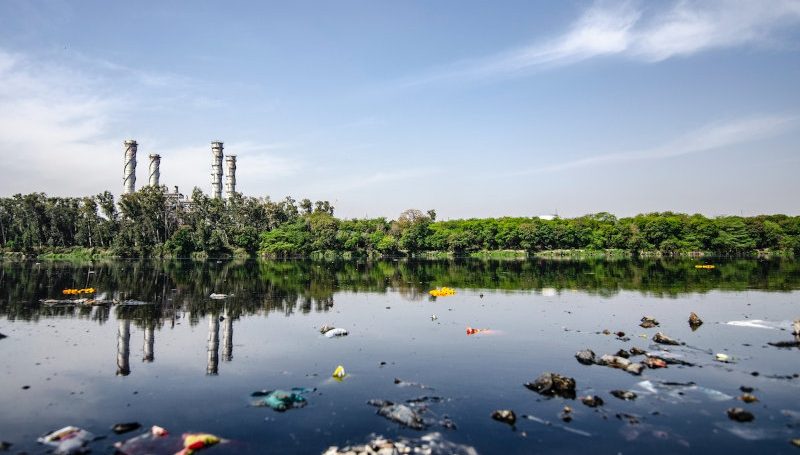In a world dominated by polymers, it’s crucial to recognize the detrimental impact of plastics on our environment. Plastic straws, a ubiquitous item in our daily lives, contribute significantly to pollution.
These non-biodegradable straws take ages to decompose, polluting our waterways and soil, and endangering aquatic and terrestrial life.
Fortunately, alternatives exist in the form of biodegradable and reusable straws. Let’s explore some eco-friendly options that not only lessen our environmental footprint but also provide a captivating drinking experience.
A Path to a Greener Future
Straws are nowadays frequently used in drinking. But it is a very bad thing for us that almost every straw we use daily is made of plastic. So, if we try to use some biodegradable straws, we can save nature somehow. The reduction in the use of plastic products will make the world a better place to live. Plastic straws are the culprits for the plastic pollution of the world.
Exploring Biodegradable and reusable straws
Here, we will discuss some reusable and biodegradable straws that can be used more than once and have fewer adverse effects on nature. In our quest for sustainable alternatives, these options provide a promising path towards a greener future.
Bamboo Straws: Nature’s Solution
A pioneer in the realm of plastic straw replacements, bamboo straws offer a sustainable alternative. Crafted from small and slender bamboo stems, these straws are 100 percent organic and reusable. Harvesting bamboo for straws is a simple process of cutting the stems to the desired size. Despite their many advantages, bamboo straws pose challenges in terms of cleaning and reuse. Additionally, not all bamboo varieties are suitable for straw production, and their cultivation requires time and ample space. Nevertheless, bamboo straws remain an excellent choice for those seeking to eliminate plastic from their drinking habits.
Glass Straws: A Blend of Elegance and Risk
Glass straws, crafted from silicon dioxide and other components, combine aesthetics with functionality. These translucent straws allow users to observe their beverages while sipping, making them a favorite among children. However, their fragility poses a risk of breakage if mishandled. Moreover, drinking hot beverages from glass straws can lead to burns, and improper use may damage teeth and gums. Despite these drawbacks, glass straws offer an appealing option for those looking to reduce plastic waste.
Metal Straws: Durability Meets Convenience
Metal, particularly stainless steel, has gained popularity as a reliable replacement for plastic straws. Metal straws, also known as inox straws, boast strength and durability. Their reusable nature makes them an easy choice for environmentally conscious individuals. Cleaning metal straws takes mere minutes, and their attractive designs come in various sizes and shapes. Nevertheless, metal straws share the same limitation as glass straws when it comes to hot drinks, posing potential risks to teeth, lips, and gums.
Silicon Straws: Comfortable and Practical
Silicon straws, made from silicon and other substances, offer a comfortable and efficient alternative to plastic. While they successfully replace plastic straws, silicon straws are not designed for multiple uses, limiting their sustainability benefits.
Carbon Fiber Straws: Modern Marvels
For those seeking a modern and long-lasting option, carbon fiber straws reign supreme. Constructed from the strongest material on Earth, these lightweight straws are incredibly durable and can withstand extensive use. Carbon fiber straws, while more expensive, provide a lifetime solution when properly cleaned and preserved. Unlike glass and stainless steel straws, they can be used to sip hot beverages with reduced harm.
Grass Straws: Nature’s Own
Introducing a novel biodegradable option, grass straws made from the Lepironia articulata grass offer a sustainable choice. This aquatic plant provides stems that are cut, cleaned, and dried, transforming them into natural drinking straws. With their organic composition, grass straws serve as an environmentally friendly alternative.
Choosing the Right Straw
Selecting the perfect straw can be challenging, considering both our daily needs and the well-being of our planet. Opting for reusable straws is a step in the right direction. During the ongoing pandemic, individual straws ensure personal hygiene and safety. However, it’s essential to follow a few guidelines when using reusable straws, such as cleaning them thoroughly before use, avoiding biting the straw while drinking, refraining from using straws while walking or running, and keeping them out of reach of children.
In conclusion, the drawbacks of single-use straws are undeniable. By embracing natural and biodegradable options like grass straws, we can successfully replace plastic straws and contribute to a cleaner, healthier planet.





